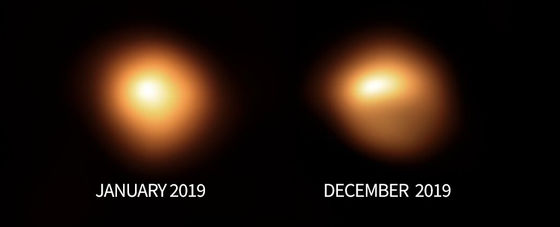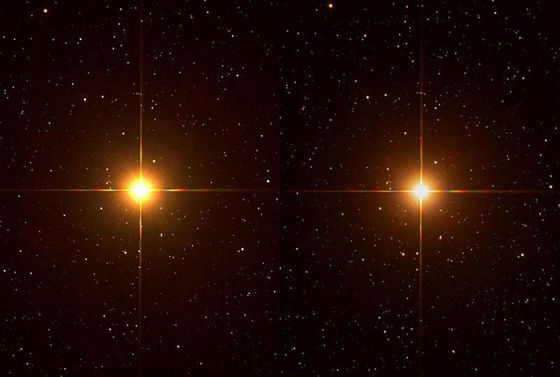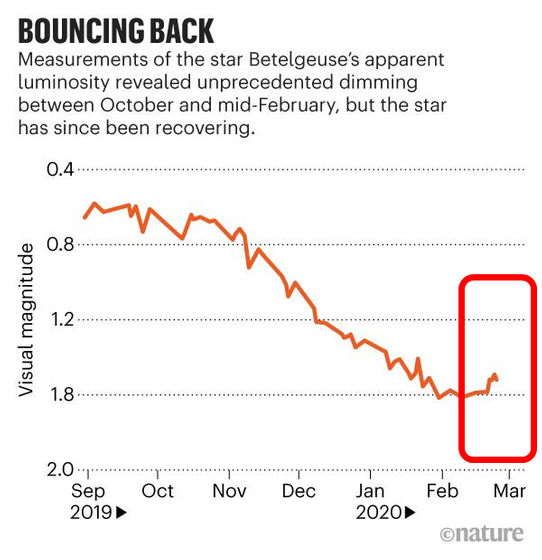Betelgeuse, thought to be on the verge of supernova explosion, is picking up

by
Betelgeuse, whose brightness has fallen as never before and his life is about to expire, has been found to be regaining shine.
Mysterious faded star Betelgeuse has started to brighten again
https://www.nature.com/articles/d41586-020-00561-z
The Fall and Rise of Betelgeuse-Sky & Telescope-Sky & Telescope
https://skyandtelescope.org/astronomy-news/fall-rise-betelgeuse/
Oddly dimming star Betelgeuse isn't ready to explode after all
https://www.nationalgeographic.com/science/2020/02/oddly-dimming-star-betelgeuse-wont-go-supernova-after-all/
Betelgeuse, the first magnitude star of the Great Triangle of Winter, has halved in brightness since October 2019, and recorded the lowest brightness in December 2019. This has been talked about as a precursor to a supernova, as it suggests that Betelgeuse activity is declining.
When Betelgeuse explodes showing a sign of supernova explosion, it becomes full moon brightness-gigazine

The darkening of Betelgeuse was revealed by radio telescope observations. Comparing the Betelgeuse observations on the left in January 2019 with the observations on the right in December, you can see that the lower half of Betelgeuse is darker.

by ESO / M. Montargs et al.
According to astronomer Edward Guinan of Villanova University in the United States, it is not known whether Betelgeuse is actually deformed or partly dark due to dust etc., but the brightness of Betelgeuse The decline is also apparent to the naked eye. In the photos below, the left is Betelgeuse photographed in February 2016, and the right is Betelgeuse photographed on December 31, 2019 with the same camera settings.

by
In mid-February 2020, Betelgeuse was once two-thirds brighter, but the decline in brightness soon slowed down. On the contrary, it is starting to brighten again. Below is a graph showing that. The red frame shows that Betelgeuse's visual magnitude , which leveled off in mid-February, is once again rising.

'Betelgeuse is about 10% brighter than the darkest,' commented Gainan. Meanwhile, astronomer Andrea Dupree at Harvard-Smithsonian Astrophysics Center said, `` It looks like it's hitting the bottom, but it doesn't have to start to fade again, '' he said. He pointed out that he did not know whether to regain the shine.
Robert Gaertz, a professor at the Minnesota Institute of Astrophysics who reported on the brightness of Betelgeuse in the Astronomer's Telegram from the International Bureau of Astronomical Telegraphy, said, It is not guaranteed that the total energy output of has changed significantly, so it is not known whether Bethelgius will explode tomorrow or hundreds of thousands of years later, but it may signal that the current situation is a sign of an imminent star core collapse. It's unlikely to be ', he said. It is likely that Betelgeuse will cause a supernova soon.
Related Posts:
in Science, Posted by log1l_ks






